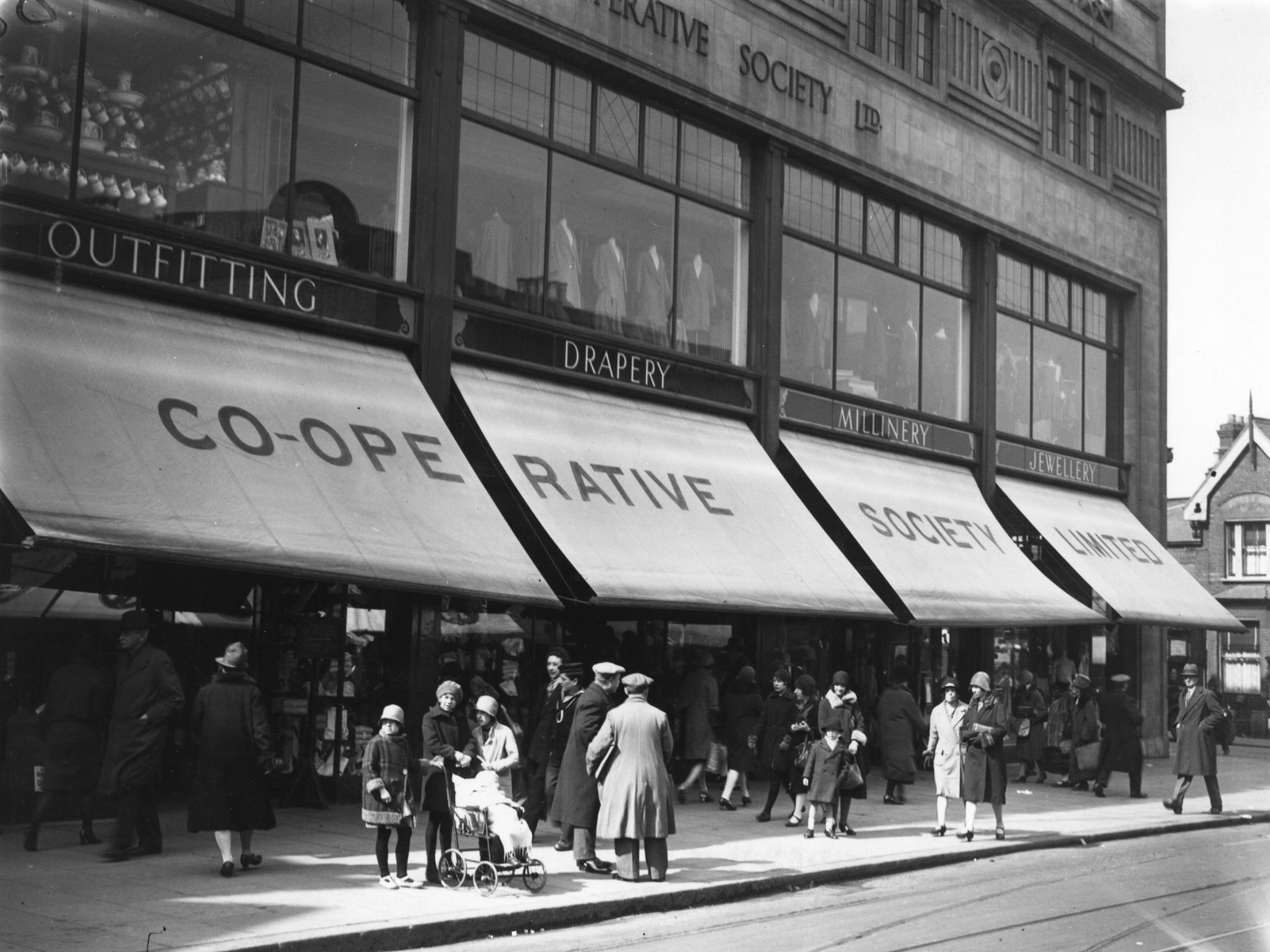150 years on, the Co-op asks where its future lies
Bruised by an annus horribilis, the Co-op is polling customers and members to help it to get back on course

After suffering the worst year in its 150-year history the Co-op is turning to its members and customers, asking them what it should be like in the 21st century.
The Co-operative Group's chief executive, Euan Sutherland, admitted yesterday that 2013 was "perhaps the worst year in our 150-year overall history".
The mutually owned group, which runs everything from supermarkets and pharmacies to funeral directors, has been battered by the near-collapse of its Co-op Bank division and is desperately seeking a role for the organisation in the 21st century.
Mr Sutherland's remarks came as the Co-op launched a survey asking people how the business should be run in future, including whether it should continue to make donations of up to £1m a year to Labour and individual politicians.
Mr Sutherland, who became chief executive last May, said: "In recent years the Co-operative has lost touch with its customers and members and with the communities in which it operates – we haven't been listening."
He admitted that full-year 2013 figures, which will be released next month, would be "pretty ugly".
The online survey, which he hopes will generate thousands of responses, comes in the wake of massive losses at Co-op Bank, which led to control being handed to bondholders and hedge funds after a £1.5bn hole was found in its balance sheet, and drug allegations against the bank's former chairman, Paul Flowers.
The survey, the results of which will be published alongside Mr Sutherland's strategic review at the annual meeting in mid-May, also asks how the Co-op should distribute its profits, if any, in future; the role of the Co-op in the community; and how it can improve its goods and services.
This latest soul-searching runs separately from Lord Myners' investigation into corporate governance within the organisation.
Lord Myners has already suggested that the Co-op should suspend political donations in its current parlous financial state.
In 2012 the Co-op made donations totalling £805,000 to the Co-operative Party and its councillors. This included donations to 32 Labour and Co-operative MPs, including Ed Balls, who also benefited from a one-off £50,000 grant to the Office of the Shadow Cabinet.
Mr Sutherland said: "We are genuinely opening ourselves up to listen. If we get an overwhelming response that says customers don't see the link between funding a political party, it will be impossible for us not to take action and ignore it."
The survey, which will remain open for responses until 24 March, is being run by the political and consumer polling organisation YouGov.
The Co-op said its main themes were:
* What the Co-operative means to people now and what it should stand for in the future.
* The most important issues facing local communities and the role the Co-op can play in making a meaningful difference in those communities.
* How the Co-op shares its profits.
* Whether the Co-op should continue to make political donations.
* What the Co-op could do to improve its goods and services offerings.
Mr Sutherland said: "We will be asking people up and down the country what they believe the Co-operative should really stand for. This is an unprecedented move for an organisation of the size and the scale of the Co-operative and the results will feed directly into our wider review of strategy and purpose."
A spokesman for the Co-op said that Mr Sutherland's own review of the business's strategy was continuing and "progressing well". He added that the survey was intended "to double-check with our customers that we have not missed anything out which matters to them".
Mr Sutherland added: "As a new management team we are focused on renewing the Co-operative and the UK public will be vital to that process. If we are to successfully serve the communities in which we operate, to become as relevant today as we were in the past, we need to hear directly from the communities and the people we serve."
Among the specific questions being asked of the Co-op's more than seven million members is whether they would prefer their annual "divi" of about £7 each changed into lower prices in its stores. It also asks if they think the Co-op should be more involved in local community projects, give greater backing to fair trade, and make more of its ethical stance.
Join our commenting forum
Join thought-provoking conversations, follow other Independent readers and see their replies
Comments